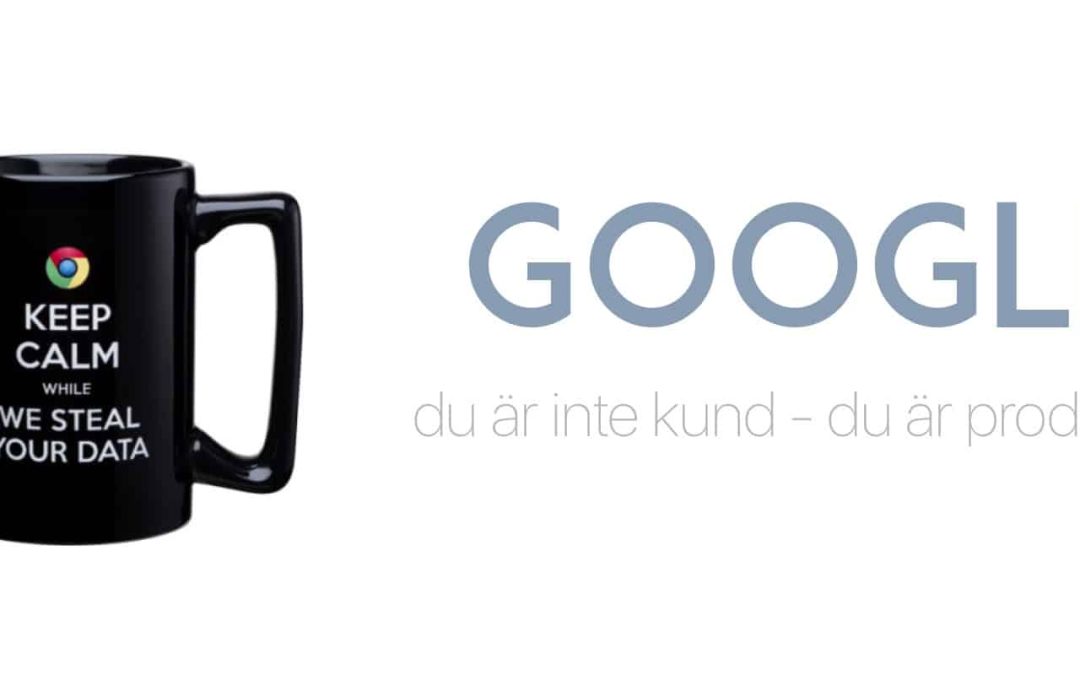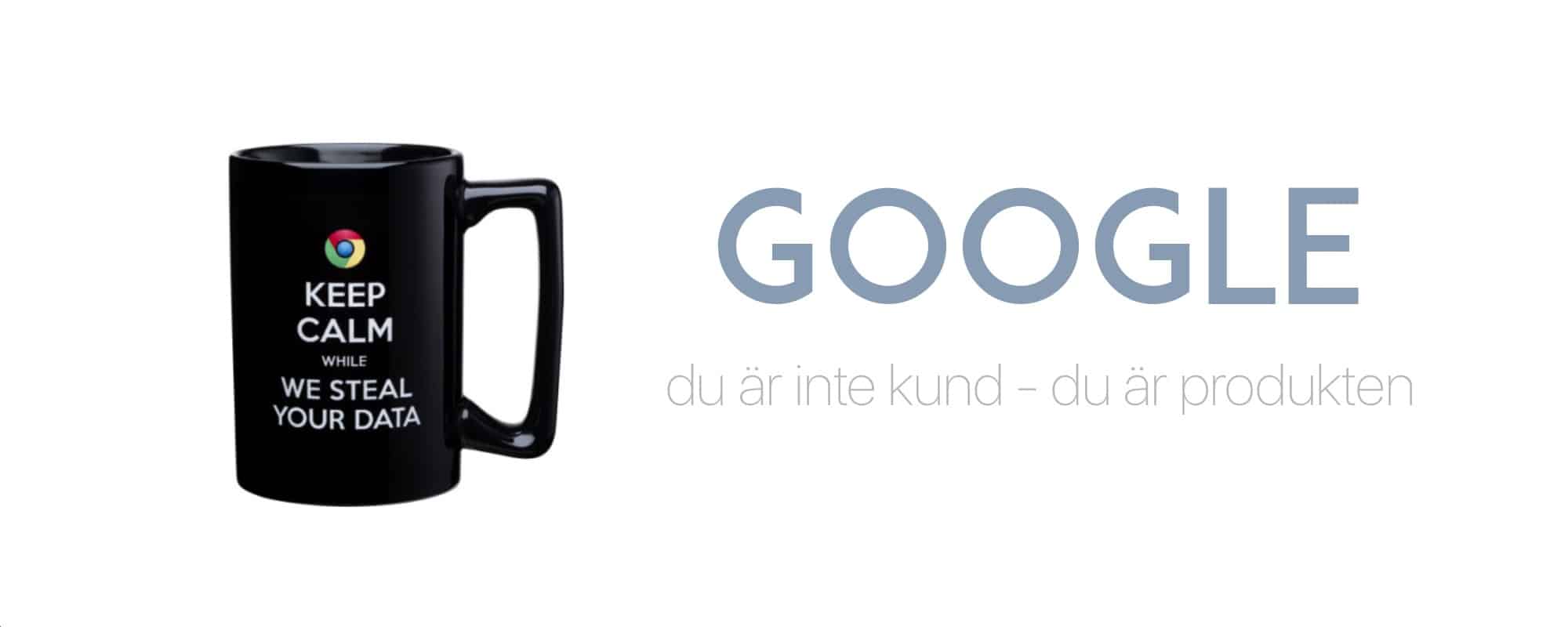
av Mikael Winterkvist | mar 18, 2017 | Lästips

Instagram – Banned! 11 things you won’t find in China – CNNMoney
China’s leaders have promised a decisive role for markets in its huge economy, and a litany of economic reforms are underway. But in many areas, the country is still relatively closed off.Try using Instagram, for example. No snaps allowed!China banned the photo-sharing platform after pro-democracy protests rocked Hong Kong in 2014.The social media platform now can’t be accessed from anywhere within the so-called Great Firewall of China, a censorship project operated for more than a decade by the Communist Party.
Källa: Instagram – Banned! 11 things you won’t find in China – CNNMoney

av Mikael Winterkvist | mar 18, 2017 | Lästips

10 biggest leaks in the past 10 years | TechRadar
The US government is once again facing backlash after the group WikiLeaks published a trove of information related to the Central Intelligence Agencys alleged spying capabilities just over one week ago. The document dump, known as Vault 7, revealed the agency at least has tools at its disposal to conduct mass spying on anyone with reasonably modern technology, from smart TVs to smartphones. This is, however, far from the first time WikiLeaks or another person or group has leaked important and sensitive information from the government or other organization. In fact, with the rise of the internet, weve seen a huge increase in leaks of this kind, and many of them have arguably changed the course of history forever. Heres a look at the 10 biggest leaks weve seen in the last 10 years, in no particular order. We also spoke with security experts to get their take on some of the leaks as well.
Källa: 10 biggest leaks in the past 10 years | TechRadar

av Mikael Winterkvist | mar 18, 2017 | Lästips

Dutch suspect in Amanda Todd case gets 10-year sentence for cyber-bullying | Reuters
A Dutchman who convinced young girls and gay men to take off their clothes in front of web cams and then used the images to blackmail them was sentenced to more than 10 years in prison by a Dutch court on Wednesday.Aydin Coban, 38, is also wanted in Canada as a suspect in the case of Amanda Todd, a teenager who sparked an international debate over cyber-bullying when she posted a YouTube video detailing her online harassment by an unknown tormenter.Coban denies wrongdoing in the Todd case.The Amsterdam District Court convicted him for fraud and blackmail involving more 34 other girls and five gay men. The court said Coban first won their trust and convinced them to send him compromising sexual images.
Källa: Dutch suspect in Amanda Todd case gets 10-year sentence for cyber-bullying | Reuters

av Mikael Winterkvist | mar 18, 2017 | Lästips

Politicians and advertisers have warned Google that it must overhaul advertising practices or risk being hit by regulation and advertiser boycotts.
A major global marketing company became the first to pull all its advertising spending with Google after the news that adverts for a range of organisations had been inadvertently placed next to extremist material. MPs meanwhile threatened that legislation could be put on the table if social media companies did not effectively self-regulate.
The company has been forced to review its advertising policies after the UK government joined organisations including the Guardian, BBC and Transport for London in pulling advertising from Google and YouTube in response to the news. The company has also been summoned to the Cabinet Office.
Källa: Google is ‘profiting from hatred’ say MPs in row over adverts | Technology | The Guardian

av Mikael Winterkvist | mar 18, 2017 | Lästips

Google ad controversy: what the row is all about | Technology | The Guardian
Why is advertising by big brands appearing alongside inappropriate content such as extremist videos?
As odd as it may sound, in the digital age many brands do not know exactly where their online advertising is running. The computerisation of digital advertising, where machines are largely responsible for choosing where ads run, has taken over much of the job of deciding where they should appear on the internet. This process is called programmatic advertising.
Think eBay, but quicker and more advanced. Until relatively recently, for an ad campaign to appear on TV, radio or in print, for example it would be booked through sales teams and ad agencies picking up a telephone and striking a deal for where it would go, when it would run and how much it would cost. The rise of digital media means this is being rapidly replaced by computerised, or programmatic, advertising systems, where the parties transact digitally in a similar way to buyers and sellers on auction site eBay.
Källa: Google ad controversy: what the row is all about | Technology | The Guardian












